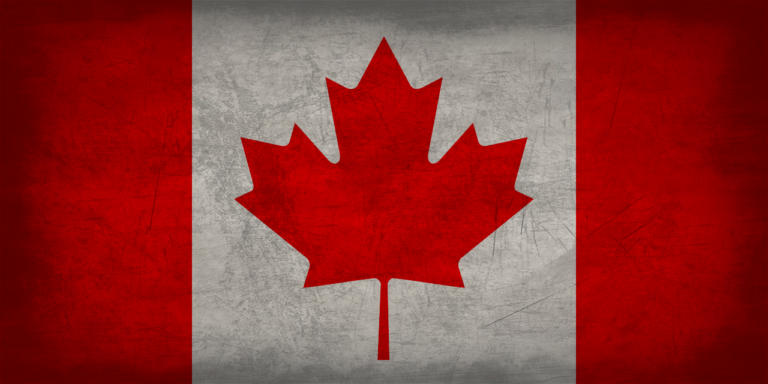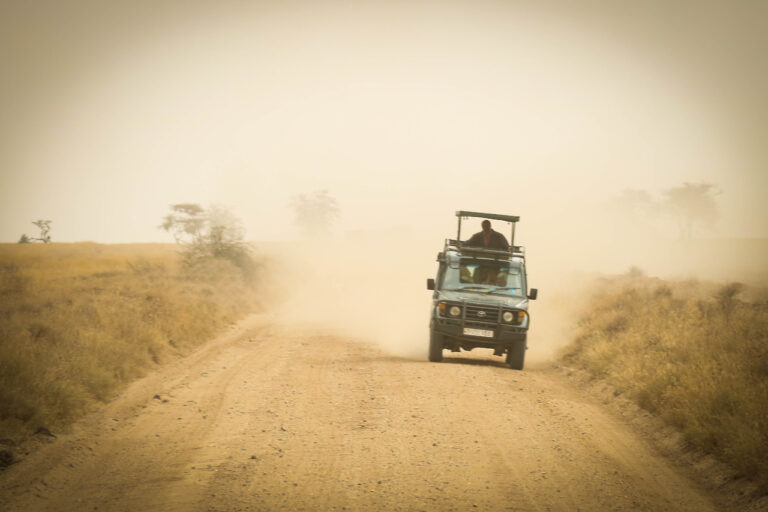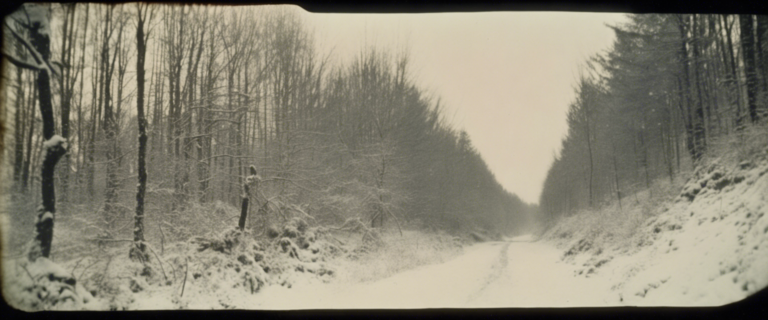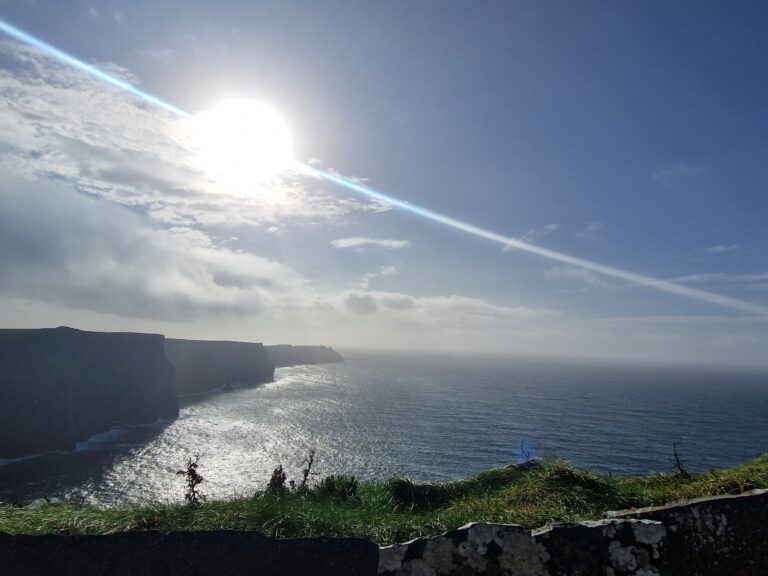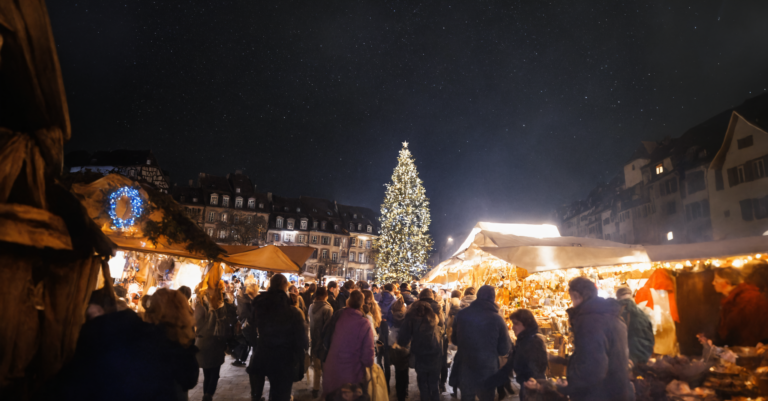Montenegro. The Bay.
From Yugoslavia to Montenegro
Under the benevolent (most would say) dictatorship of Josip Tito, the former Soviet Republic of Yugoslavia held together most of the Balkan Peninsula in the years following World War II. The victors of the war had drawn arbitrary boundaries, joining several races, religions, and ethnicities under one umbrella state. It was not the first time in history this had happened, nor would it be the last—but the result was an area doomed to conflict.
One by one, after the dissolution of Yugoslavia in 1992, the various ethnic peoples of the Balkans exercised their right to national self-determination. Borders were redrawn: Macedonia, Slovenia, Croatia, Bosnia and Herzegovina all broke away, leaving Serbia as the remnant state. In the mid-2000s, Montenegro and Kosovo completed the process. Our next bus trip through the Balkans took us to Montenegro.
First Impressions of Montenegro
Montenegro, meaning “Black Mountain” (cue your “oh, yeah… duh” moment), is a tiny country south and east of Croatia on the Adriatic Sea. A quick image search was enough to convince us we’d be out of our minds to skip it.
Although the countries of the former Yugoslavia are tightly packed, traveling between them revealed how different their people are. At times, those differences had led to brutal conflict. But to a casual traveler, they offered a chance to glimpse worlds apart within days of one another.
Croatia had given us serene islands, proud wineries, and bustling port cities eager to embrace the modern world. Bosnia felt rawer, still scarred from war and marked by a lingering tension. Montenegro? The younger sibling—not in the limelight, but free of turmoil and carrying a relaxed, open character all its own.
Wine, Water, and Honesty
On our first night in Montenegro, a waiter in a tiny restaurant brought out a bottle of their national wine along with sparkling water.
“What do we do with that?” we asked.
“Mix it with the wine,” he said with a smile. “You do not want to drink this wine by itself.”
That moment summed up Montenegro: honest, unpretentious, laid back, and accommodating.
The Bay of Kotor
While I will always remember the Adriatic for its calm horizon, I’ll remember Montenegro for the embrace of its mountains. Entering the Bay of Kotor through a narrow inlet, the sea suddenly opened into a body of water twenty miles across, encircled by peaks. It felt as though some giant bronze colossus should be standing guard at the entrance.
No wonder HBO chose the Balkan coast to film Game of Thrones. The town of Kotor itself is small and ancient. Streets are cobblestone, not pavement. Even the ice cream shops and liquor stores occupy medieval buildings that make you feel as if you’ve traveled back centuries to buy mead or horseshoes.
Remembering the Balkans
Kotor marked the end of our Balkan adventure. Our brief stop there was a reminder of the region’s troubled, not-so-distant past—and of the fragile peace made only in recent decades.
For centuries, this land has been known as the “powder keg of Europe,” the spark that ignited the First World War. It’s easy enough to ignore this darker history, step off a cruise ship in Dubrovnik, take a Game of Thrones tour, and move on to Santorini. But the past deserves remembering.
Not just for the stories of those who lived through wars, bombs, and genocide, but because—as the saying goes—those who forget the past are condemned to repeat it.

